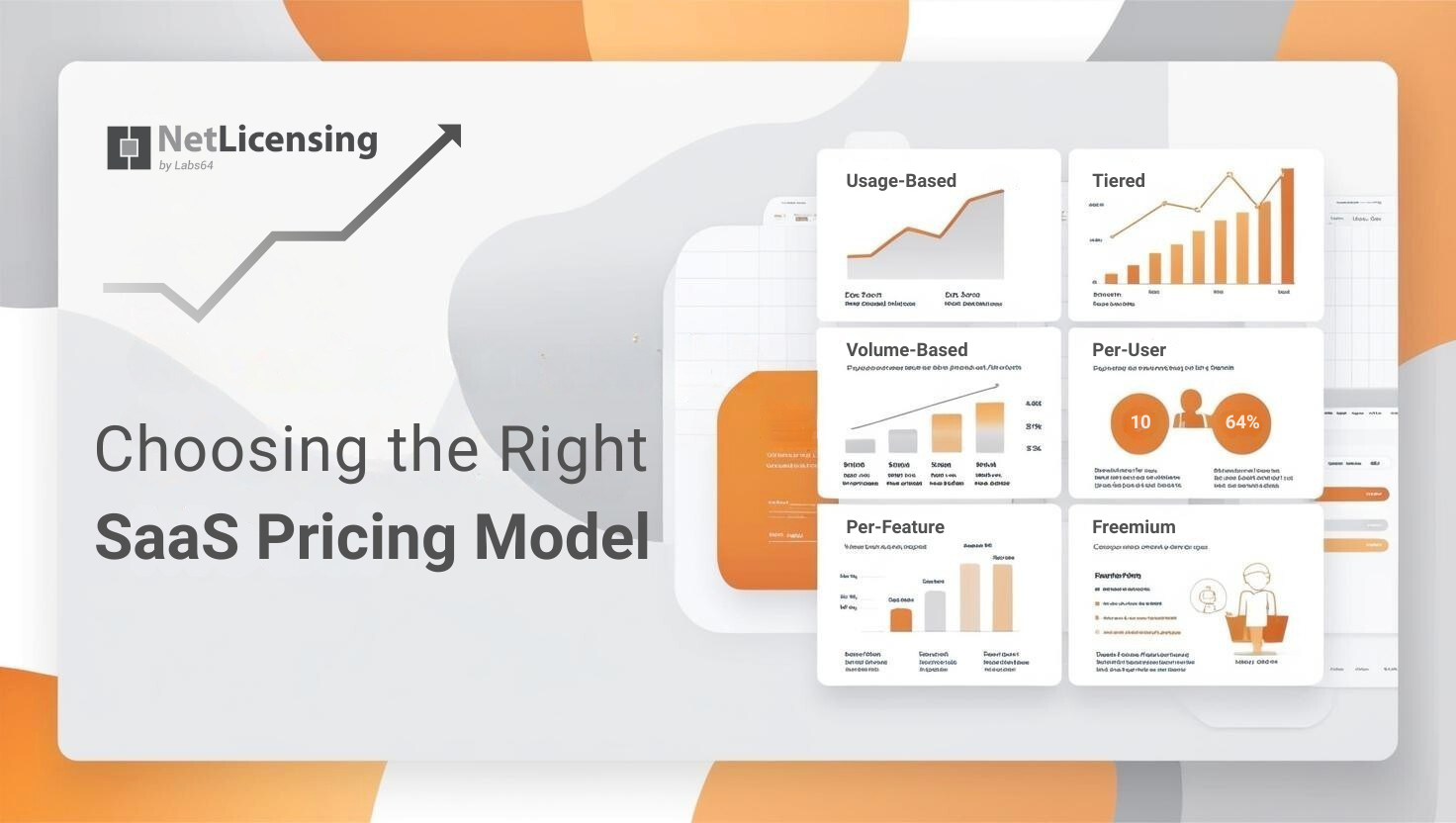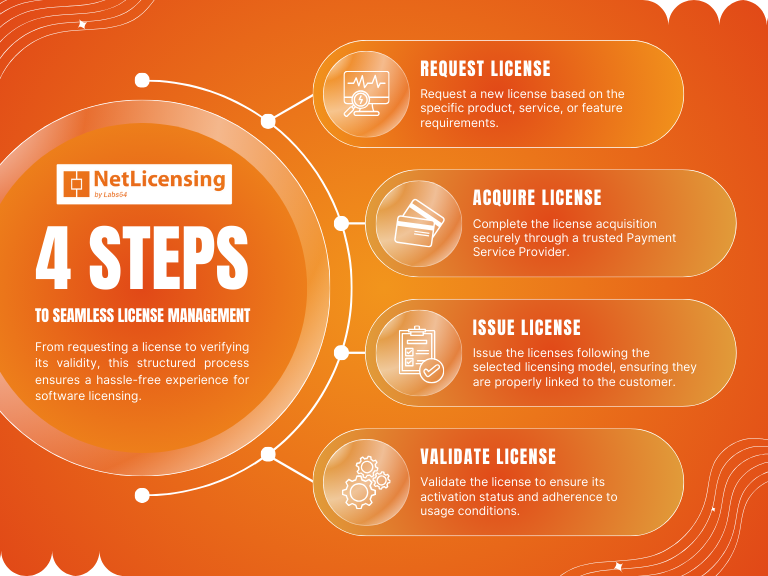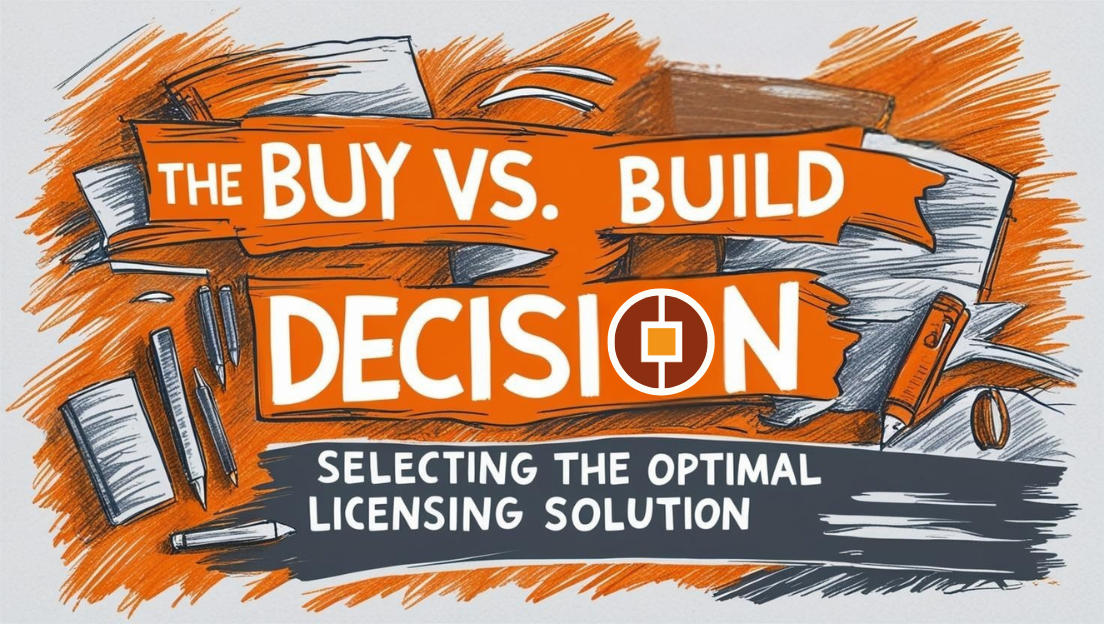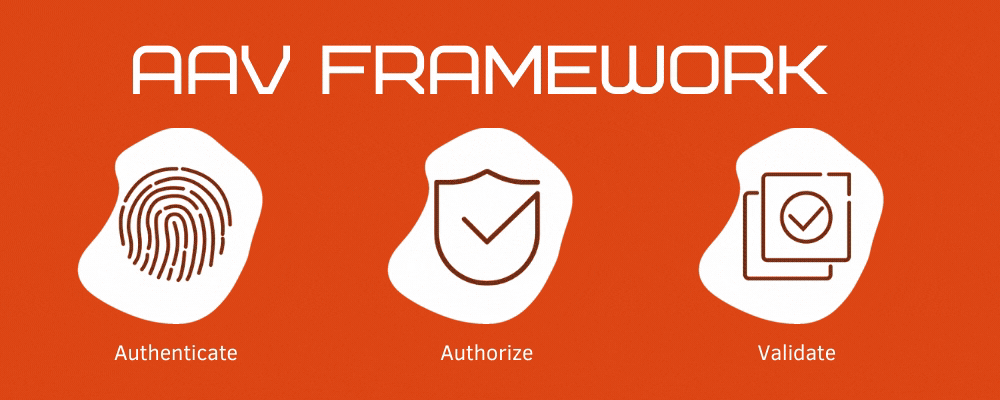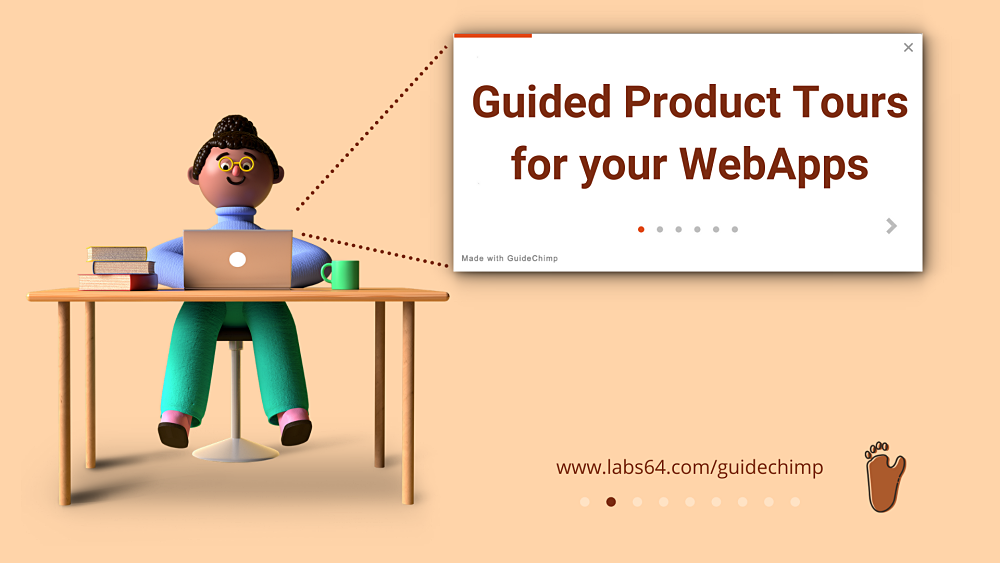The New Way is the Free Way

If the purpose of a business is to make money, then how does giving your product away for free make sense? – This is the question that has been posed to us since we made our announcement that NetLicensing is going to be made available for free. In fact, the idea of making a basic version of a product freely available, with the option to purchase access to a ‘Premium’ tier has been around for almost a decade.
The term ‘Freemium’ was first coined in 2006 and since then there has been a dramatic shift in the way software is marketed and sold to consumers. We have looked before at the way that the model is moving from an ‘owned’ to ‘loaned’ and this is part of the reason why ‘freemium’ has become increasingly popular as a way of companies launching their product into the public sphere as a means of marketing their other products.
If we look at this from the perspective of licensing it is easy to see how going down the ‘freemium’ route can in fact prove to be very lucrative for many software vendors. Making something free, even if it only a very basic version of the product, means that significantly more people will be inclined to ‘try’ it.
The freemium model does not place a time limit on how long the software can be used for, it is not a trial, it is a fully functioning version of the product that has been tailored to appeal to as many people as possible and to entice a certain percentage of those users to invest in a premium version.
The premium tier(s) can be structured in different ways depending upon their target audience. Let us take an imaginary piece of software; it is designed to give users information about the health of their computer. It can be used by anyone for free.
Additional features can then be purchased either for small one-off fees or for a subscription based license (see our earlier post on this subject).
In essence, freemium means that you can make your product available to everyone but with the ultimate goal of drawing in a group of customers who are willing to pay to access the premium product.
Image Credits: © Caleb George - unsplash.com


